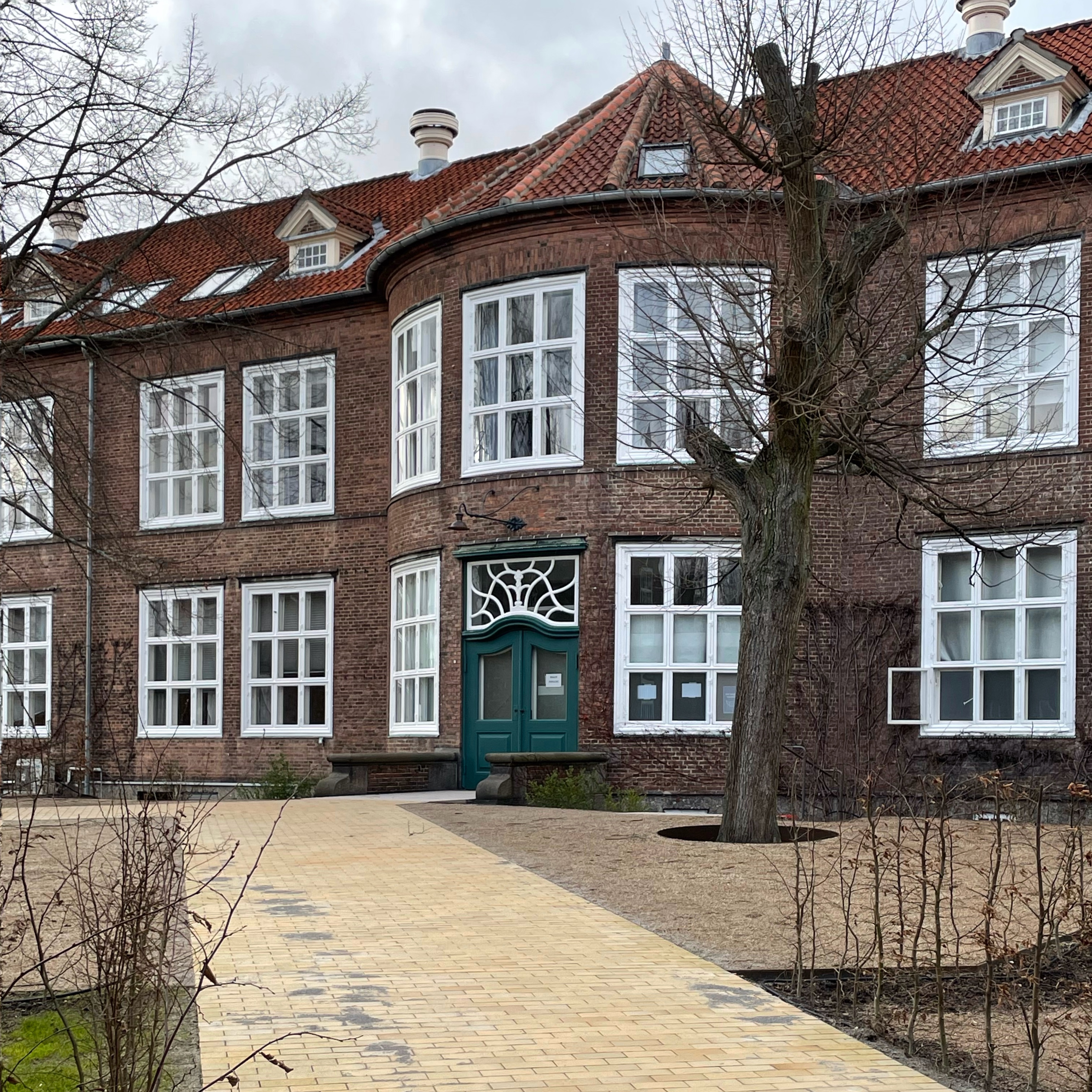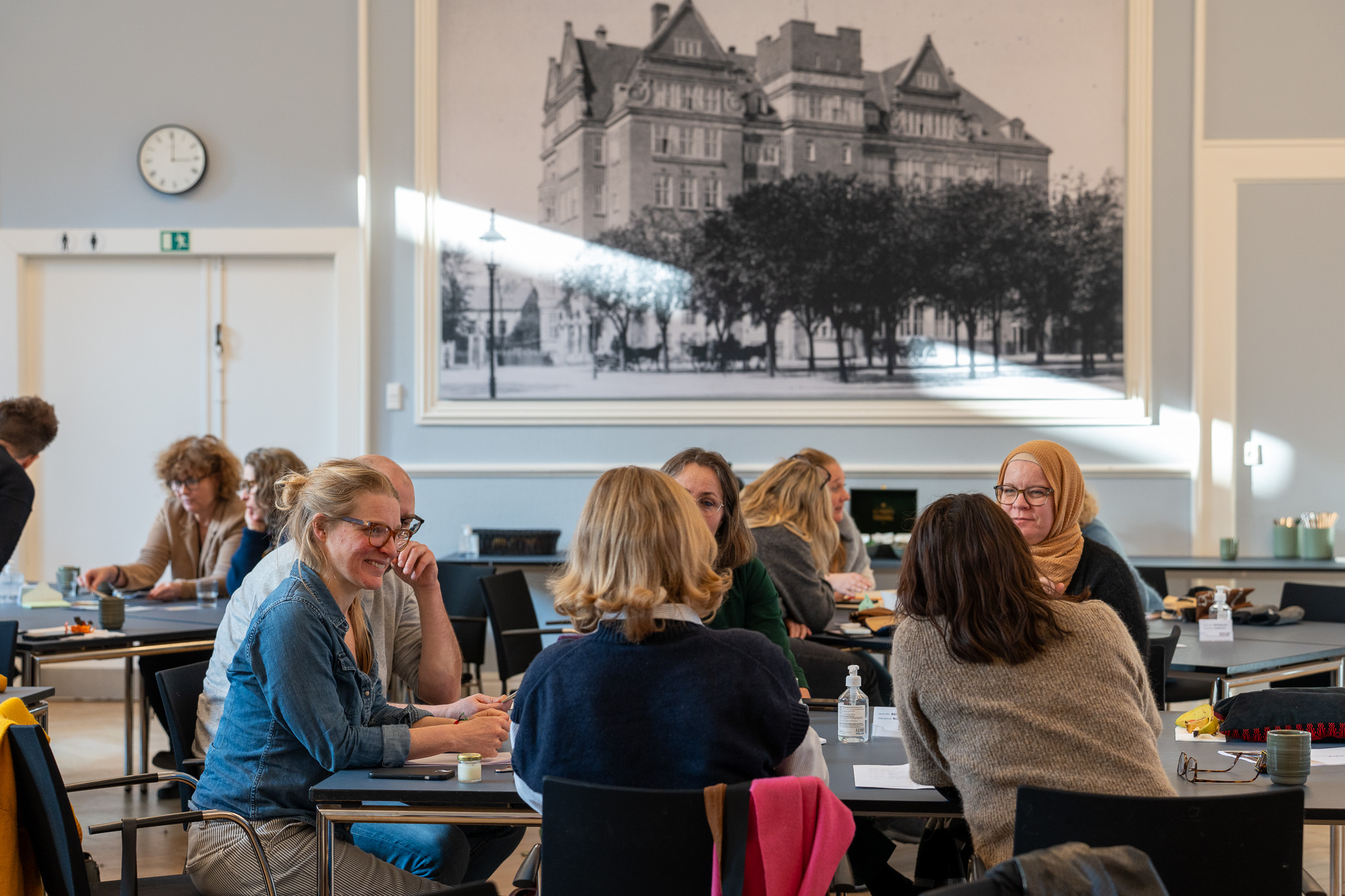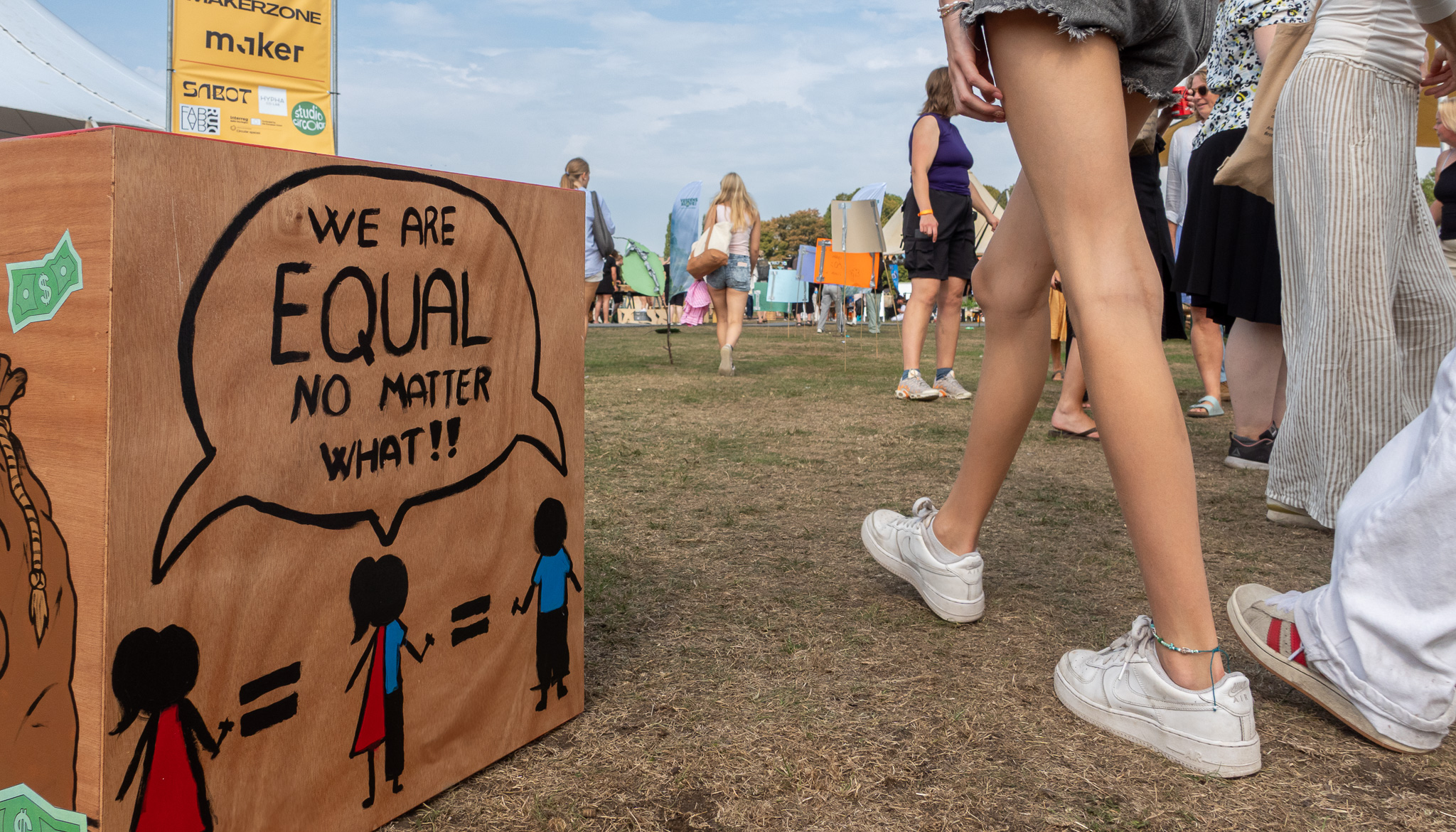
Refugees with mobility disabilities must be ensured dignified transport

The Red Cross and the Bevica Foundation have teamed up to ensure refugees with a physical disability have the opportunity for equal transportation once they have arrived in the country. The transport is provided by the Din Helper Scheme, where many employees themselves live with disabilities.
Martin Lund was standing by at Kastrup Airport when a refugee with disabilities from Ukraine arrived and had to find his way to Asylum Center Sandholm. Martin himself suffers from spastic paralysis, so he knows very well the challenges that can be associated with transporting oneself from A to B without assistance when living with a disability.
The man from Ukraine was offered the transport to Sandholm as a result of a recent collaboration between the Red Cross and the Bevica Foundation, which targets refugees who come to the country with a disability. It must ensure good transport opportunities from the moment they cross the border. The Red Cross welcomes the measure, which helps to ensure a safe reception for people with disabilities.
“We are dealing with people who are in an extremely vulnerable situation. Therefore, we hope that with a good reception, where basic things such as transportation assistance for people with disabilities are in place, we can make it just a little easier for the individual,” says Niels Svankjær Christiansen, Head of the Migration and Refugee Section of the Red Cross.
The Bevica Foundation, which works to strengthen the opportunities for individuals with mobility disabilities, is also very pleased that together with the Red Cross we can be something for a particularly vulnerable target group: “We work daily for everyone with a mobility disability — including refugees. That is why we are pleased that together with the Red Cross we have the opportunity to offer proper transport conditions upon arrival for refugees,” says Marianne Kofoed, Director of the Bevica Foundation.
I won't say no if asked again
Martin Lund, part of the Red Cross' aid scheme
Martin, who along with his helper transported the refugee, is proud and happy to be able to contribute to the effort: “I will not say no if I am asked again. If with a little effort I can help make a big difference, then I wouldn't be too smart if I said no,” he says, explaining that his commitment must also be seen in extension of his own disability.
“If I didn't get all the help I do, I wouldn't be able to do anything. If we can show those who come to the country that there are many of us who support and that there is a possibility of help, then we must also do so,” he says.
The Red Cross and the Bevica Foundation cooperate with Din Helper Scheme as the operator. Many of the employees live with disabilities themselves and are employed through a scheme that offers people with disabilities their own personal helpers. They do this to ensure that everyone, despite disabilities, can live as freely and independently as possible. Although the Red Cross does not expect a large number of inquiries, Niels Svankjær Christiansen stresses the importance of creating a safe reception for all.
“It is a small target audience that we are addressing with this offer. But the difference we make for the individual is also worth taking into account in the equation, and we are very happy that together with the Bevica Foundation we can reach out and ensure dignified conditions for those who come here,” says Niels Svankjær Christiansen.
Latest News
Follow the latest news from the Bevica Foundation below.



